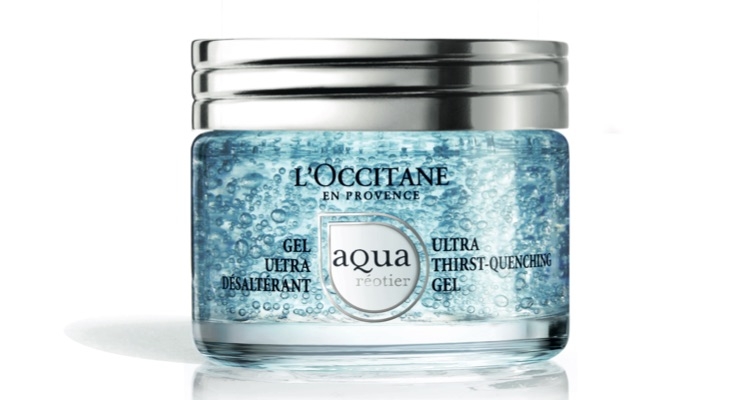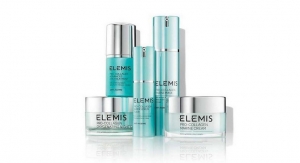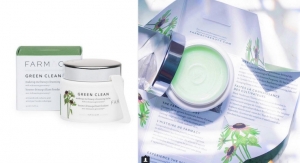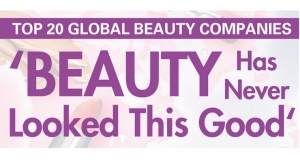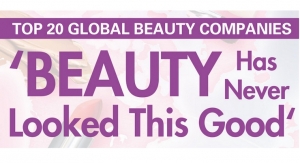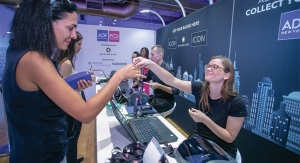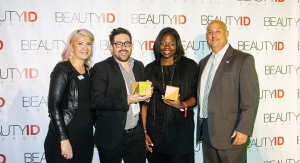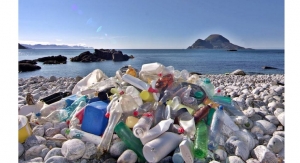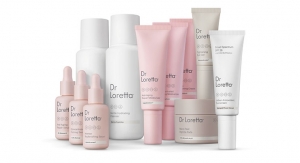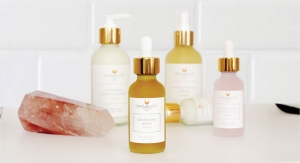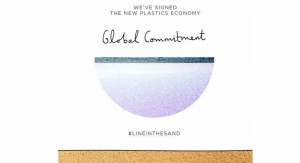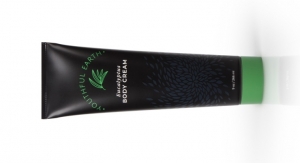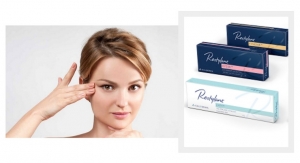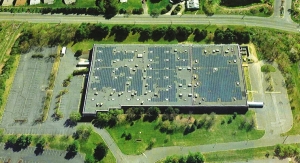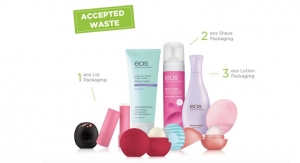02.04.19
Joining a swelling wave of brands declaring a transition to more eco-friendly packaging in the Cosmetics space, the L’Occitane Group has announced they will boost what they call “their long-standing commitment to eco-design, recycling and sustainable packaging,” with their selection of Loop Industries, a leading technology innovator in sustainable plastic, as a key supplier of 100% recycled virgin-quality PET plastic.
For more than 10 years, L’Occitane has been launching initiatives such as eco-refill products, in-store recycling and bottles made out of 100% recycled plastic.
By incorporating Loop-branded PET into its packaging, L’Occitane will achieve its goal of using 100% recycled plastic in L’Occitane en Provence bottles by 2025.
The agreement will see the L’Occitane en Provence brand start to incorporate Loop PET plastic into its product packaging as of 2022, enabling it to increase from its current 30% recycled plastic to reach 100% in its bottles by 2025 and place the Loop logo on all packaging containing Loop PET plastic.
As the demand for sustainable packaging solutions continues to grow, Loop Industries has emerged with “transformational upcycling technology” that allows plastic bottles and packaging, carpet and polyester textile of any color, transparency or condition and even ocean plastics that have been degraded by the sun and salt, to provide brand owners a sustainable plastic product that helps solve the plastic pollution problem and meets FDA requirements for use in food-grade packaging. So, when the Loop logo appears on a package, it is a confirmation for consumers that the plastic is sustainable. According to Loop, “this is a revolutionary development” and L’Occitane says they are “excited to be amongst the global brands partnering with Loop, as the group continues to innovate and set new industry standards.”
“Helping companies leverage their packaging as a symbol of their commitment to sustainability rather than a symbol of waste is one of our primary missions. We are so pleased to work with the L’Occitane Group, a leading premium retail brand, to do just that,” said Daniel Solomita, founder & CEO of Loop Industries. “We are convinced that companies that make this transition, use sustainable packaging and encourage recycling, will help restore our environment and create greater economic value.”
The L’Occitane Group has always been very conscious of the impact of packaging and the fundamental importance of eco-design and recycling. With nature at the heart of its business, the group is committed to limiting its impact on the environment at every possible step, from product formulation and sustainable packaging through to final product distribution. The company first introduced eco-refills in 2008 and currently proposes 15 L’Occitane en Provence eco-refill products. According to the brand, these not only use up to 90% less packaging than the original containers (representing a saving of 121 tons in 2018), but also lower CO2 emissions thanks to the reduced product transport. The group is working with specialized suppliers to design lighter packaging that prioritizes recycled materials, and aims to increase its current 84% technically recyclable plastic to 100% by 2025.
For more than 10 years, L’Occitane has been launching initiatives such as eco-refill products, in-store recycling and bottles made out of 100% recycled plastic.
By incorporating Loop-branded PET into its packaging, L’Occitane will achieve its goal of using 100% recycled plastic in L’Occitane en Provence bottles by 2025.
The agreement will see the L’Occitane en Provence brand start to incorporate Loop PET plastic into its product packaging as of 2022, enabling it to increase from its current 30% recycled plastic to reach 100% in its bottles by 2025 and place the Loop logo on all packaging containing Loop PET plastic.
As the demand for sustainable packaging solutions continues to grow, Loop Industries has emerged with “transformational upcycling technology” that allows plastic bottles and packaging, carpet and polyester textile of any color, transparency or condition and even ocean plastics that have been degraded by the sun and salt, to provide brand owners a sustainable plastic product that helps solve the plastic pollution problem and meets FDA requirements for use in food-grade packaging. So, when the Loop logo appears on a package, it is a confirmation for consumers that the plastic is sustainable. According to Loop, “this is a revolutionary development” and L’Occitane says they are “excited to be amongst the global brands partnering with Loop, as the group continues to innovate and set new industry standards.”
“Helping companies leverage their packaging as a symbol of their commitment to sustainability rather than a symbol of waste is one of our primary missions. We are so pleased to work with the L’Occitane Group, a leading premium retail brand, to do just that,” said Daniel Solomita, founder & CEO of Loop Industries. “We are convinced that companies that make this transition, use sustainable packaging and encourage recycling, will help restore our environment and create greater economic value.”
The L’Occitane Group has always been very conscious of the impact of packaging and the fundamental importance of eco-design and recycling. With nature at the heart of its business, the group is committed to limiting its impact on the environment at every possible step, from product formulation and sustainable packaging through to final product distribution. The company first introduced eco-refills in 2008 and currently proposes 15 L’Occitane en Provence eco-refill products. According to the brand, these not only use up to 90% less packaging than the original containers (representing a saving of 121 tons in 2018), but also lower CO2 emissions thanks to the reduced product transport. The group is working with specialized suppliers to design lighter packaging that prioritizes recycled materials, and aims to increase its current 84% technically recyclable plastic to 100% by 2025.

